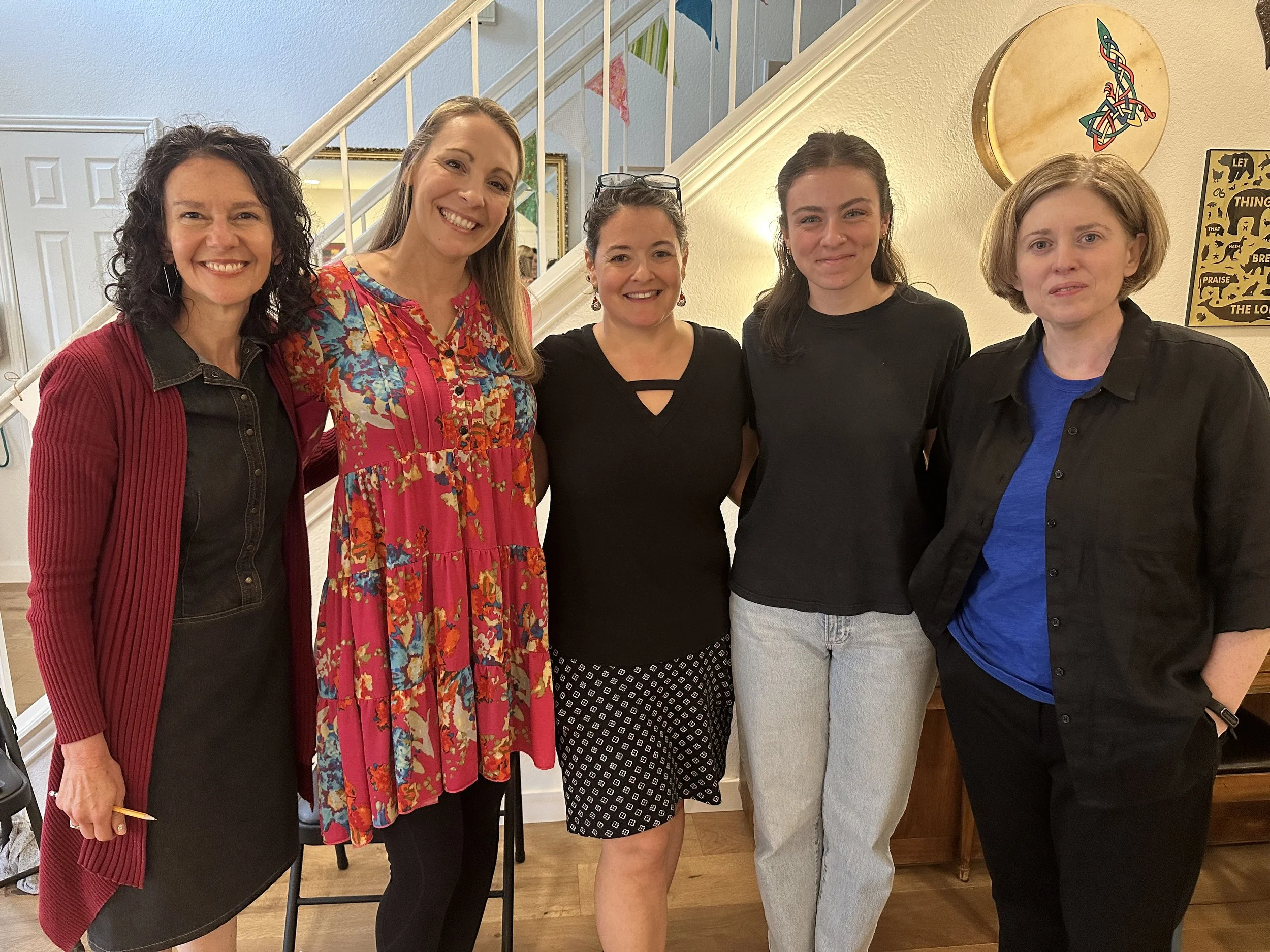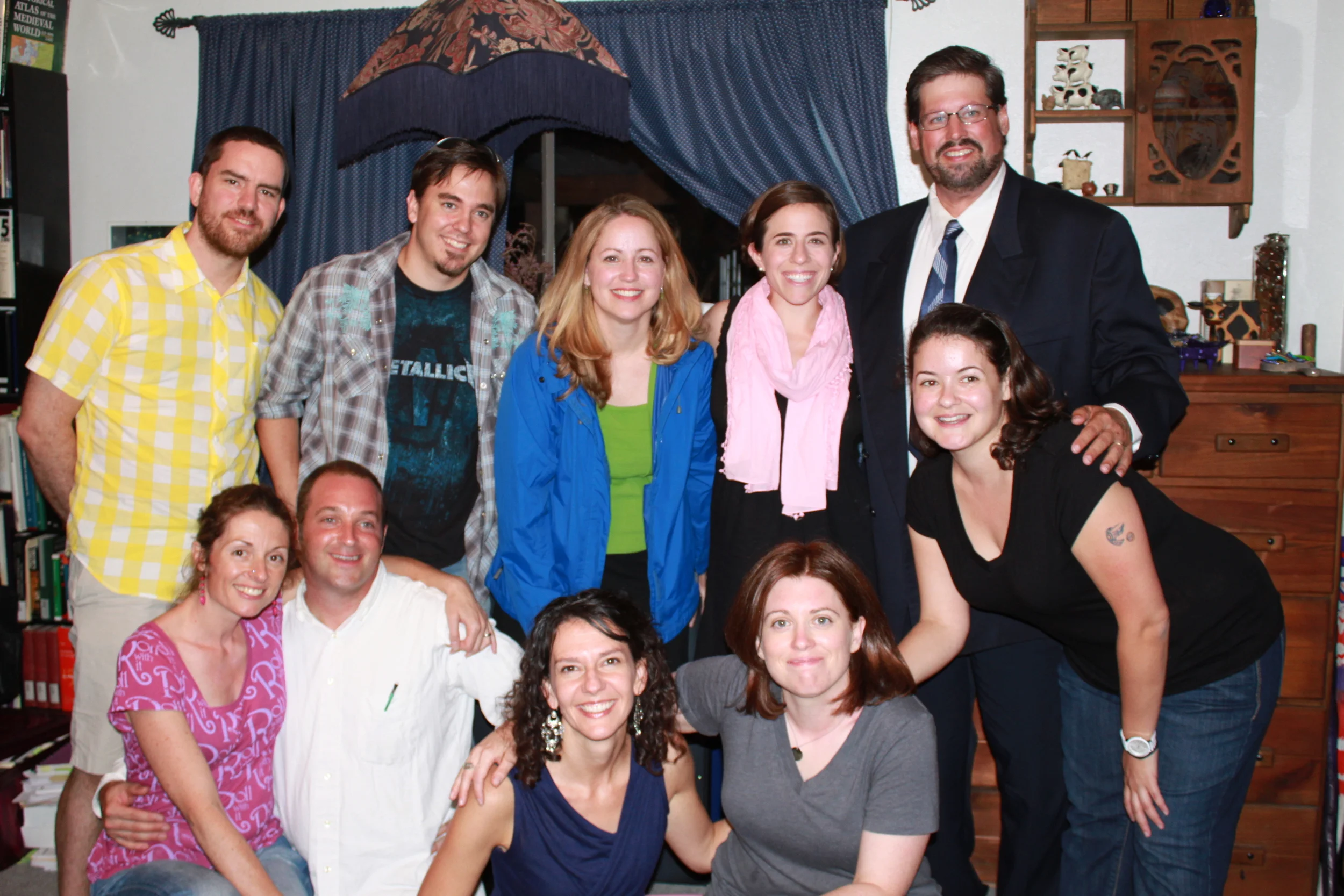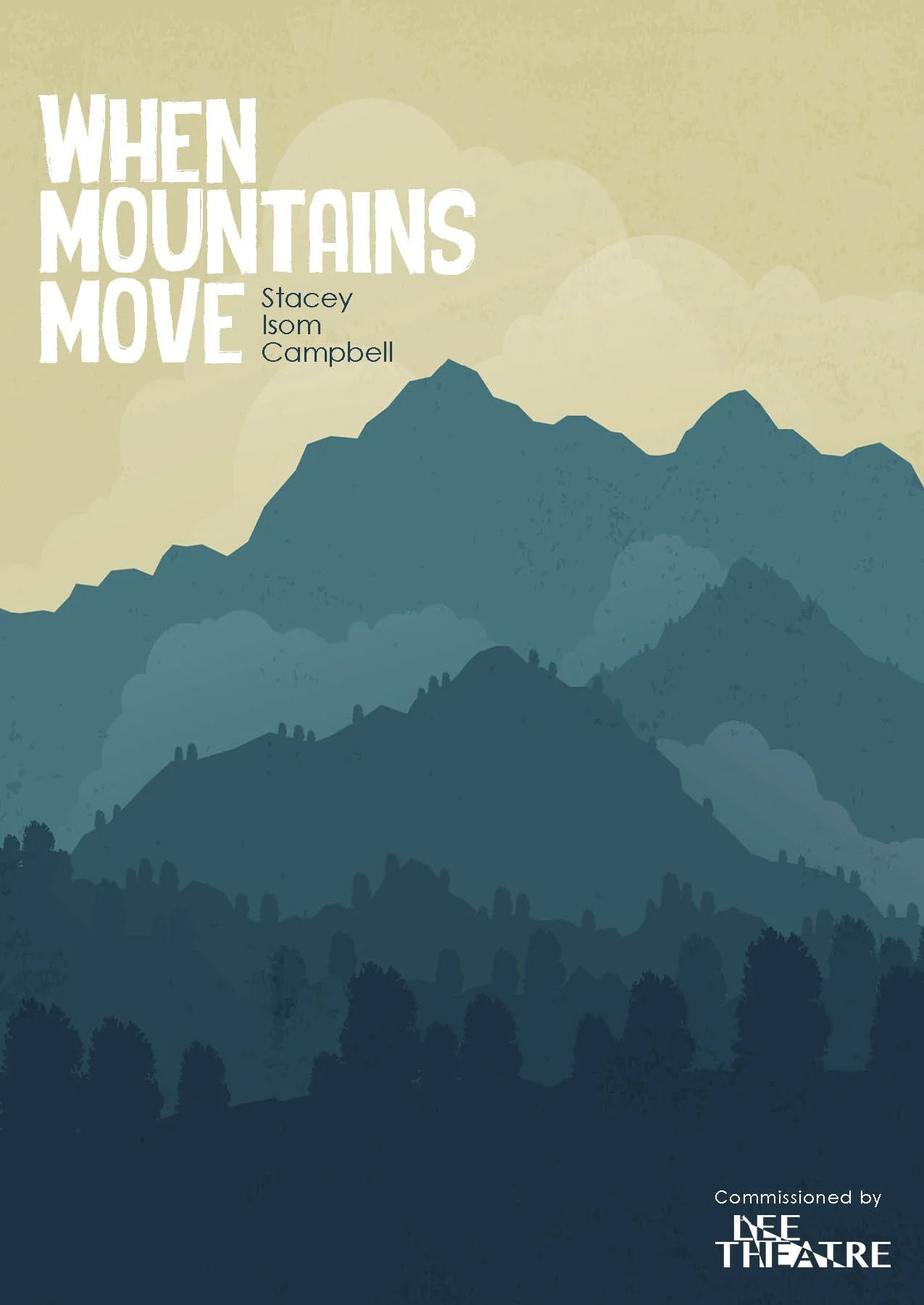I’m so happy to announce I received a grant from the Metropolitan Arts Council that will go a long way in helping me develop my new play 1999. The money will be used toward a developmental workshop and reading in Austin, Texas at 3rd Course: Theatre in November!
I’ll get to work with long-time collaborators Lisa Neely and Leslie Dovale, as well as other company members. Working with 3rd Course: Theatre is such an amazing gift because over the last 15 years their audience has seen quite a few of my plays. So, they are able to have a dialogue with me about my body of work in a deep way. I find long-term collaborations, which don’t happen often enough in mainstream theatre, essential to my development as a writer. I’m so grateful to @macartscouncil for their foresight in allocating money for artists to collaborate. In my case, they are giving it to the part of the process that, by design, is unseen by a wide audience but is necessary to get it there.
One of the things I love about Greenville is the focus on supporting the arts. For a small city, there is a thriving arts community and an emphasis on supporting arts events for a Greenville audience. While my reading will take place in Austin, I hope it’s just another step toward future readings and productions in Greenville and beyond!
“This program is funded in part by the Metropolitan Arts Council which receives support from the city oil Greenville, BMW Manufacturing Company, SEW Eurodrive and the South Carolina Arts Commission.”





